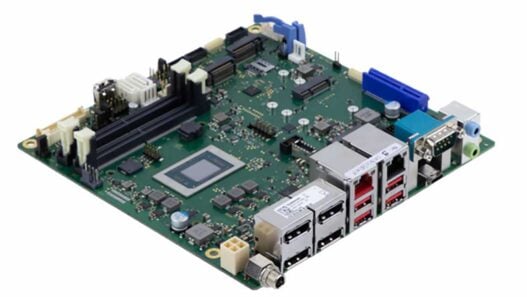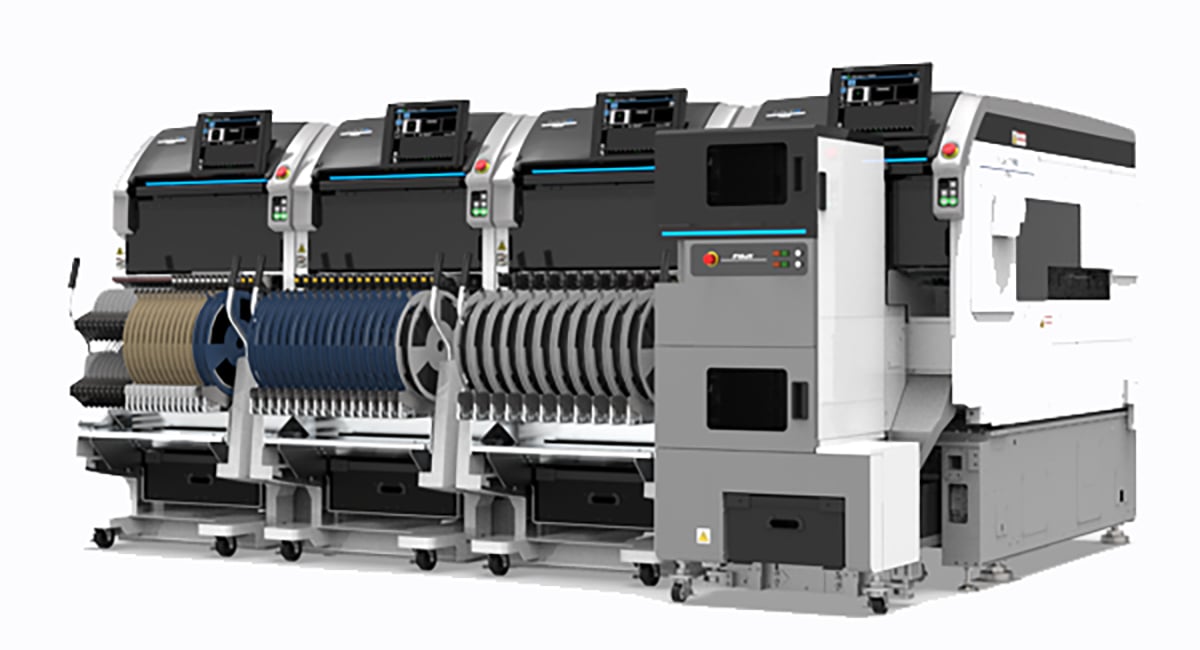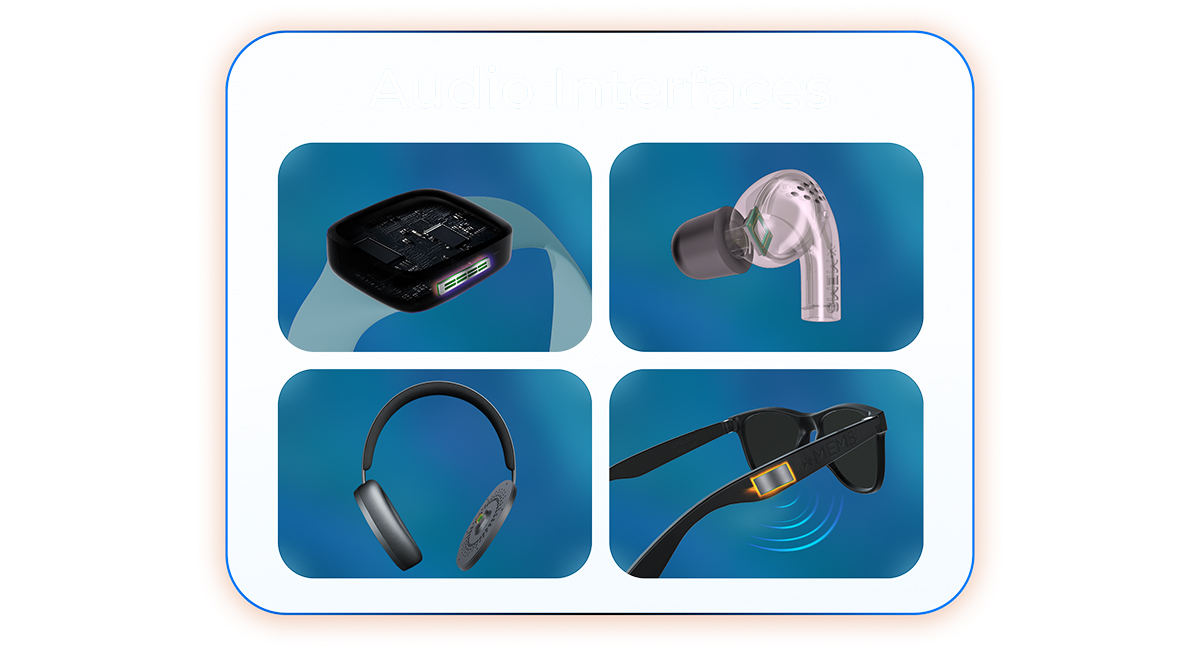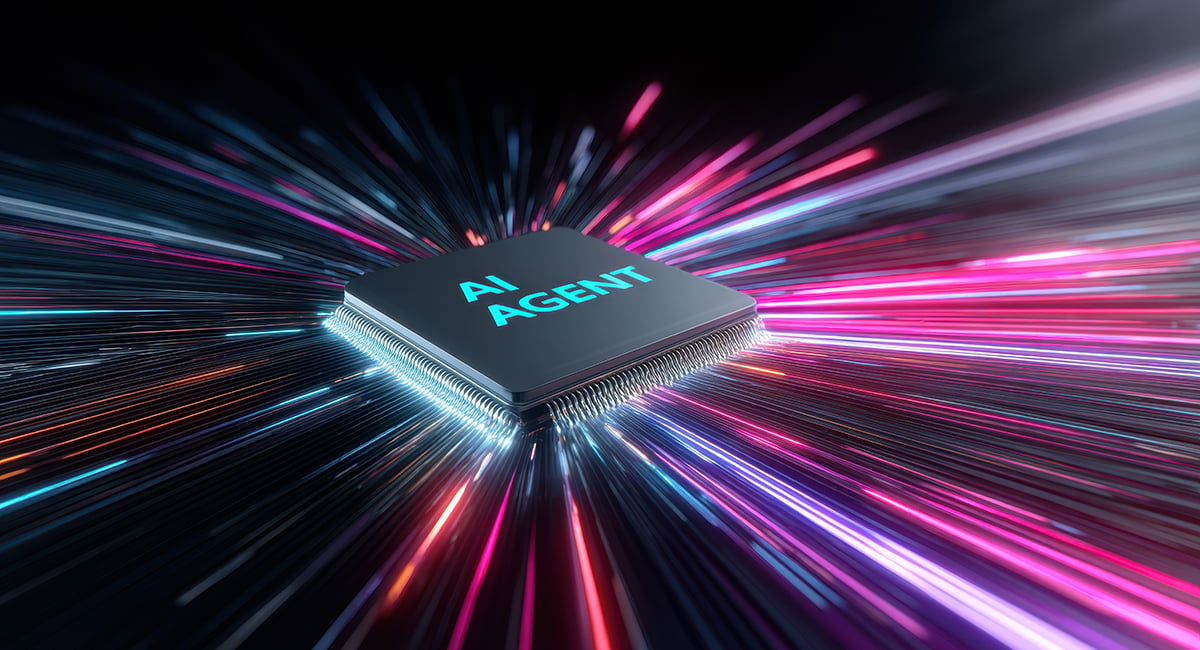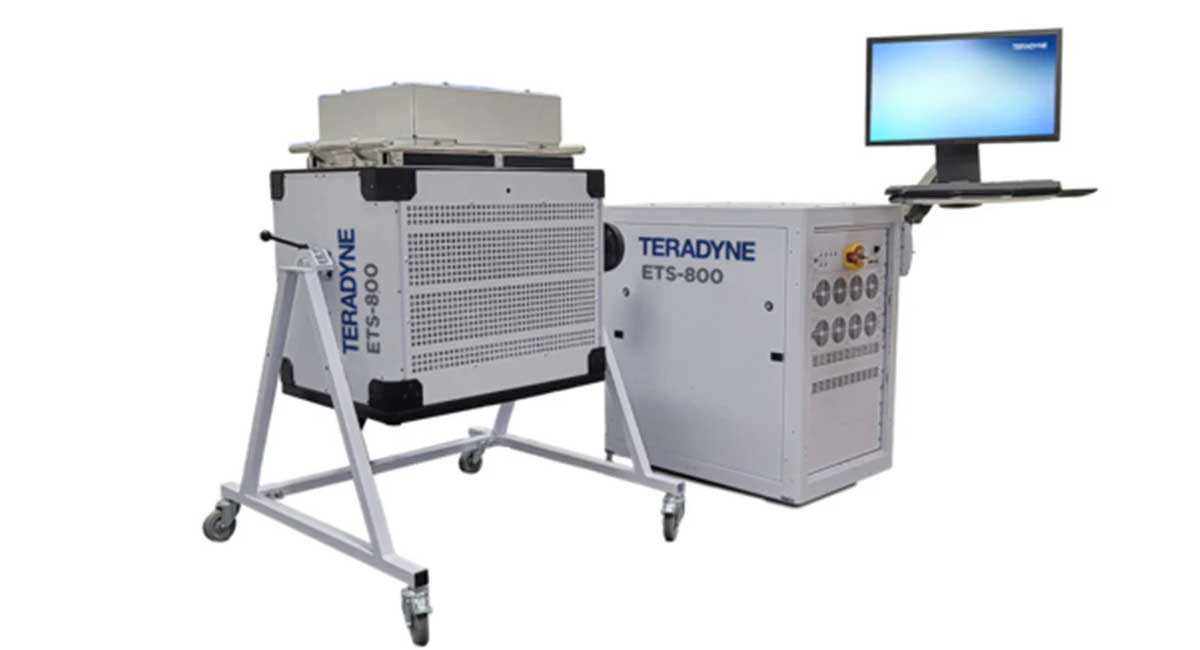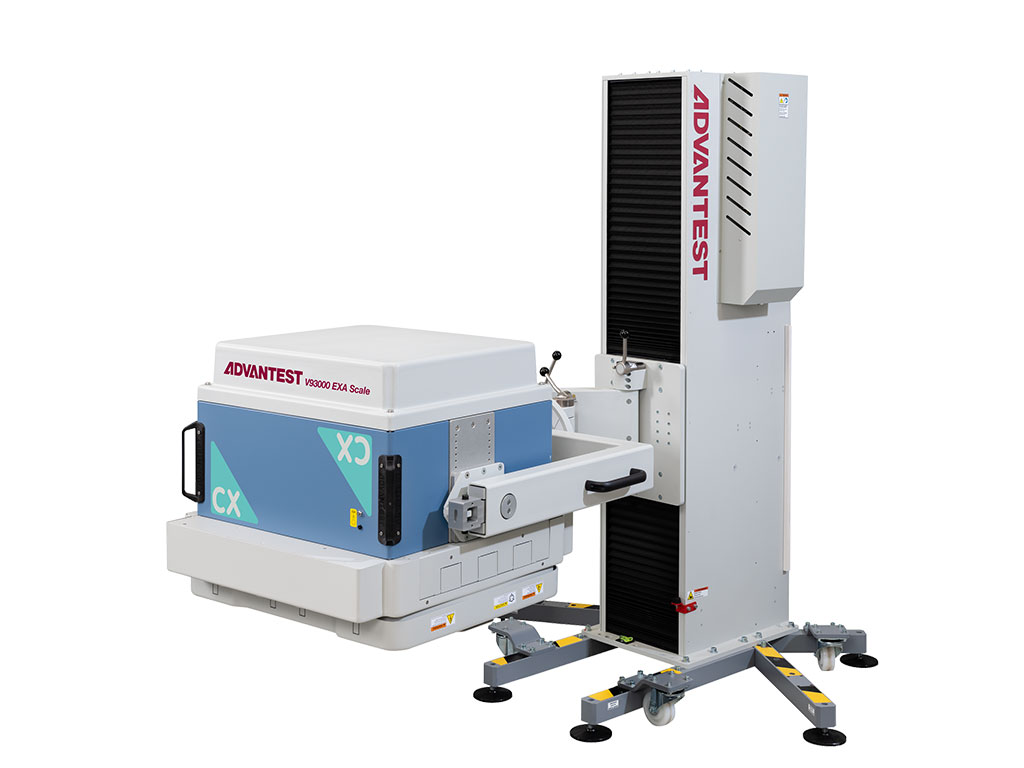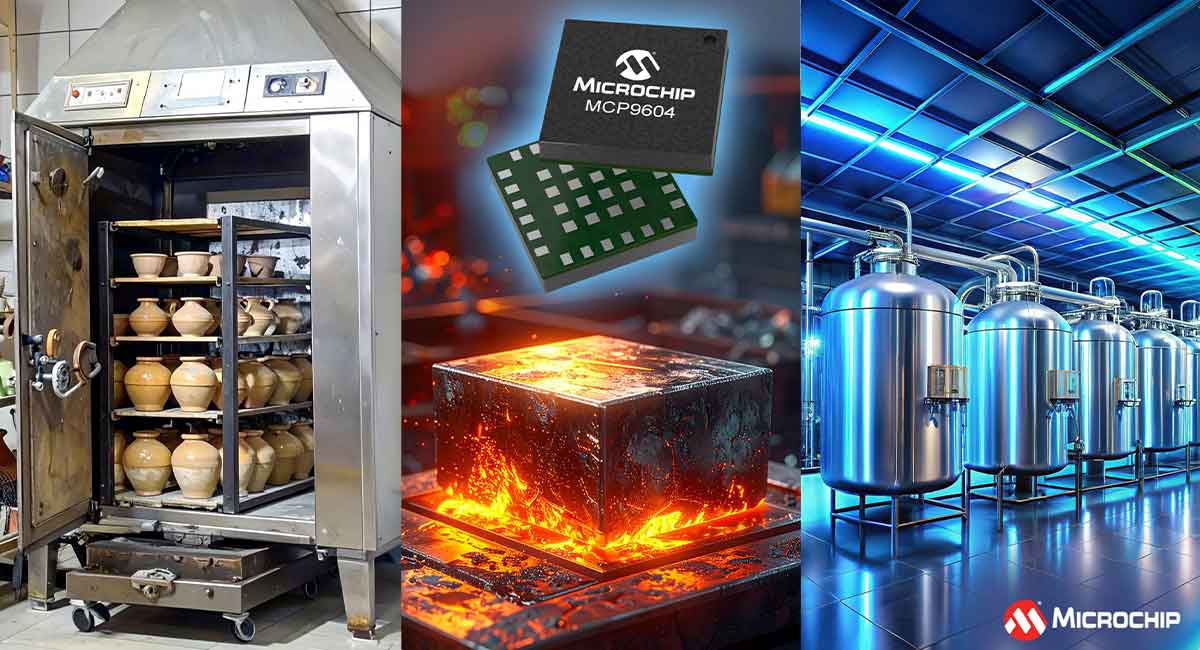However, the need between the two departments is completely different:
- R&D departments work with low-cost debuggers/programmers recommended by the device manufacturer typically defined as USB Stick Programmer
- R&D departments need to have a debug tool specifically related to the architecture (MCU) because a dedicated firmware must be developed
- Uses IDE supplied by the manufacturer

- Production technician doesn’t know in detail the device to program
- Production department needs to program different boards with different MCU/devices every time
- The programming tool is often connected to testing machines (ATE)
- The operator needs to use dedicated interfaces (GUI)
What are the differences between a ‘USB Stick Programmer’ and a ‘Universal Production Programmer’?
USB Stick Programmer
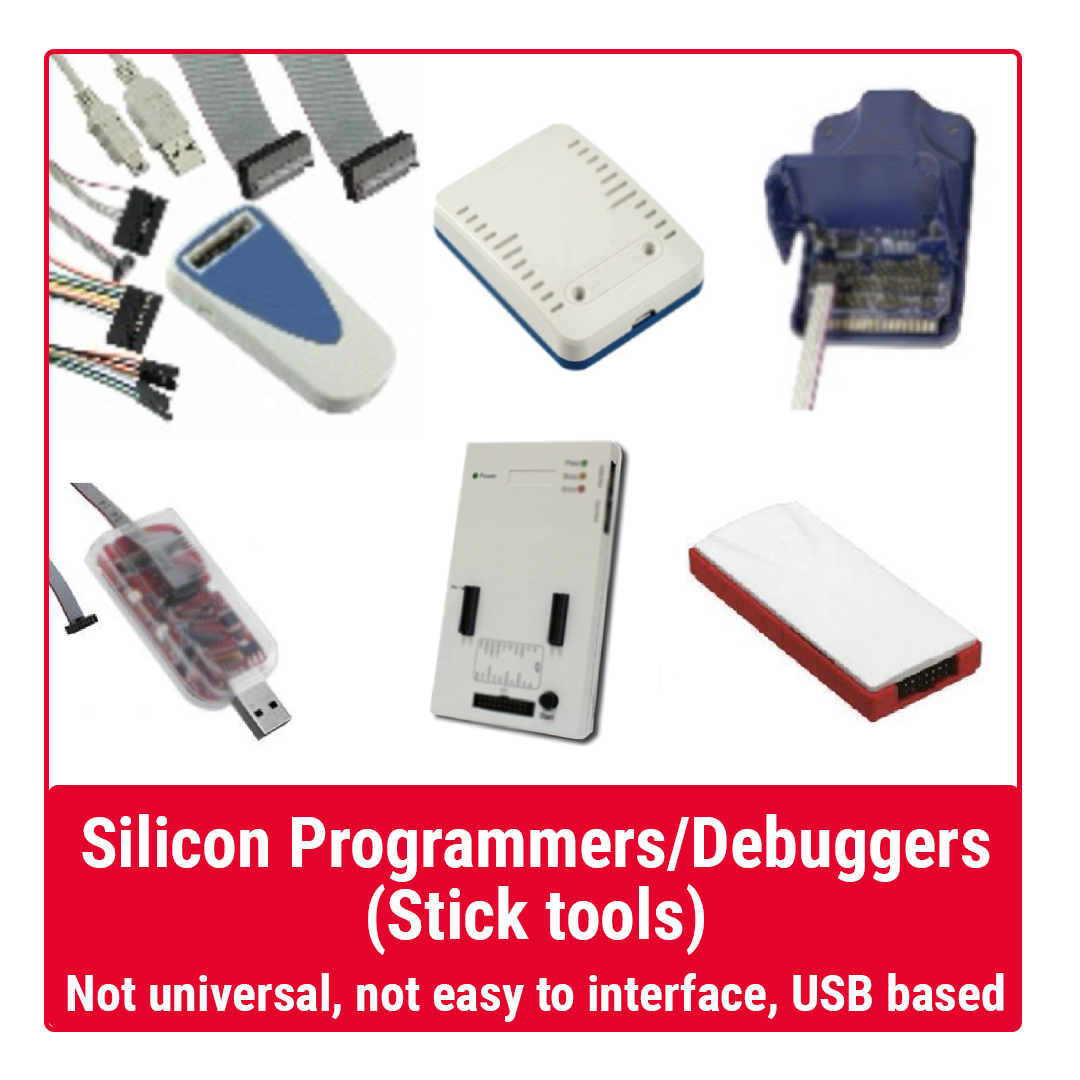
- These tools aren’t designed for production, but for the promotion of the device
- These tools are completely different from each other (both from hardware and software point of view)
- Hard to integrate with a production software
- USB based only
- No power supply for the board (or limited)
- Not designed for production environment (example: no fixing holes)
- Technical support only via silicon manufacturer’s channel
- Not universal
- Low cost
Universal Production Programmer
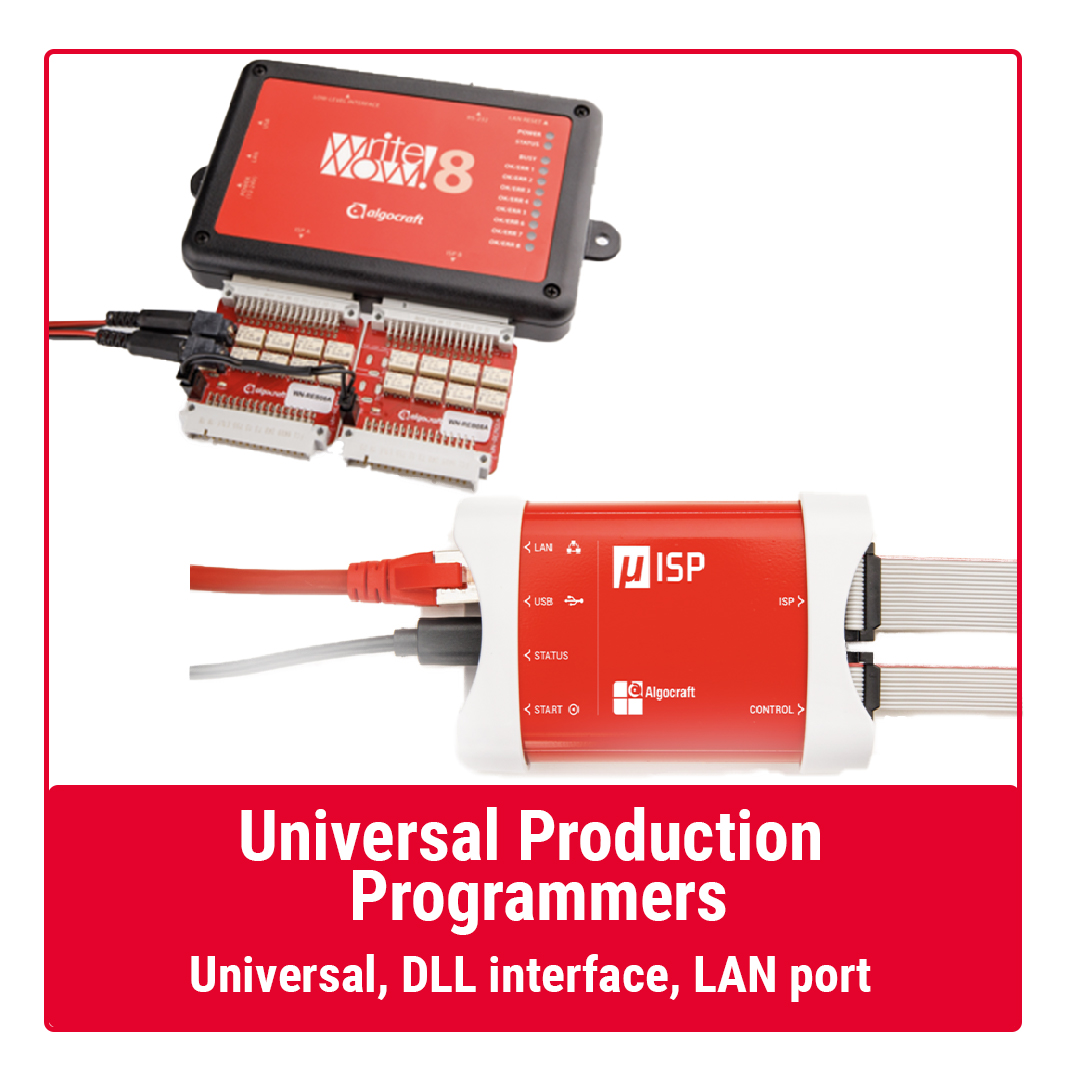
- These programmers are designed to be used in production environments
- One tool and one standard for many families and devices
- USB, LAN, RS232
- Universal support (MCU + Memories + any programmable ICs)
- Multi programming protocol (JTAG, SPI, UART, DAP, SWD, I2C, BDM, custom protocol, etc)
- Standalone
- Library & command line utilities for interfacing
- Possibility to control a relay/demultiplexer barrier
Why is µISP a valid alternative to Silicon Programmers/Debuggers (USB Stick programmers)?

- µISP is based on the WriteNow! technology from Algocraft – a universal full configurable platform (based on FPGA).
- µISP is a compact and real universal solution
- µISP is a universal programmer designed for production environments
- µISP is a standard tool for many families and devices
- µISP is fully compatible (hardware and software) with WriteNow! multiple-channel programmers
The benefits of a Universal Production Programmer
Adopting into production a unique Universal programming tool which supports different devices and manufacturers means:
- Only one system to learn
- Less spare parts
- Only one company to interface with
- Engineering time and costs saved
- More time to dedicate to the quality of the programming/testing flow
- Save time —> save money
Conclusion
It is a matter of fact that the use of a “USB Stick Programmer” in the production area is widespread.
This is mainly due to its low cost (from 20 to 800 €) and because it is promoted by the silicon as the main instrument for R&D departments.
The production environment, however, has different needs; it often requires adoption of production standards during all the production cycles, to be interfaced to the automatic test equipment but most of all, it needs to be trustworthy, to cut the programming costs of the board which means enabling the manufacturing company to be competitive in the market.
The Algocraft’s programming systems line represents a valid support to the programming; the WriteNow! technology is well consolidated in the market (over 10 years). It provides a professional alternative solution to the ‘USB Stick Programmers’ thanks to µISP series. The WriteNow! series approaches instead the parallel programming of multi-panel boards reducing drastically in this way the typical programming time cycle.
R&D Manager, Mr. Pietro Poletto says: “Thanks to our product portfolio, µISP line and WriteNow! Series, we are able to meet all the different market demands.”



